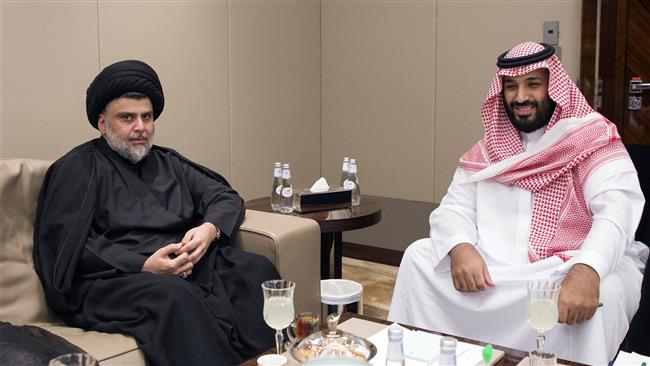Over the last few months, Iraq’s Shiite political groups have intensified their fight for influence in Baghdad in preparation for the parliamentary elections next year.
Much to the displeasure of Iran, which has supported a number of these groups, some Iraqi Shiites have been publicly distancing themselves from their patron because posturing as independent forces, free from the tutelage of foreign powers, will win them points with Iraqi voters.
Tehran is particularly concerned that after the Islamic State (ISIS) is finally driven out of Iraq, the political dialogue that will ensue among the country’s various political factions, as well as between Iraq’s ethnic and sectarian groups, about power-sharing will shut Iran out, and in turn jeopardize its long-term interests for regional control. There is now a debate in Tehran over whether the trend in Baghdad is simply a tempest in a teapot or whether Tehran will have to learn to live with a resurgent Iraqi Shiite nationalism.
The outcome of this intra-Shiite struggle could have an impact on Iranian interests well outside of Iraq’s borders. Iran’s wariness was apparent when the Iraqi Shiite firebrand cleric Muqtada al-Sadr showed up on July 30 in Jeddah, the Red Sea port city in Saudi Arabia, Iran’s principal rival. At the minimum, looser sway over Iraq’s Shiites will slow Tehran’s plans to expand its ideological influence in the region.


 RSS Feed
RSS Feed